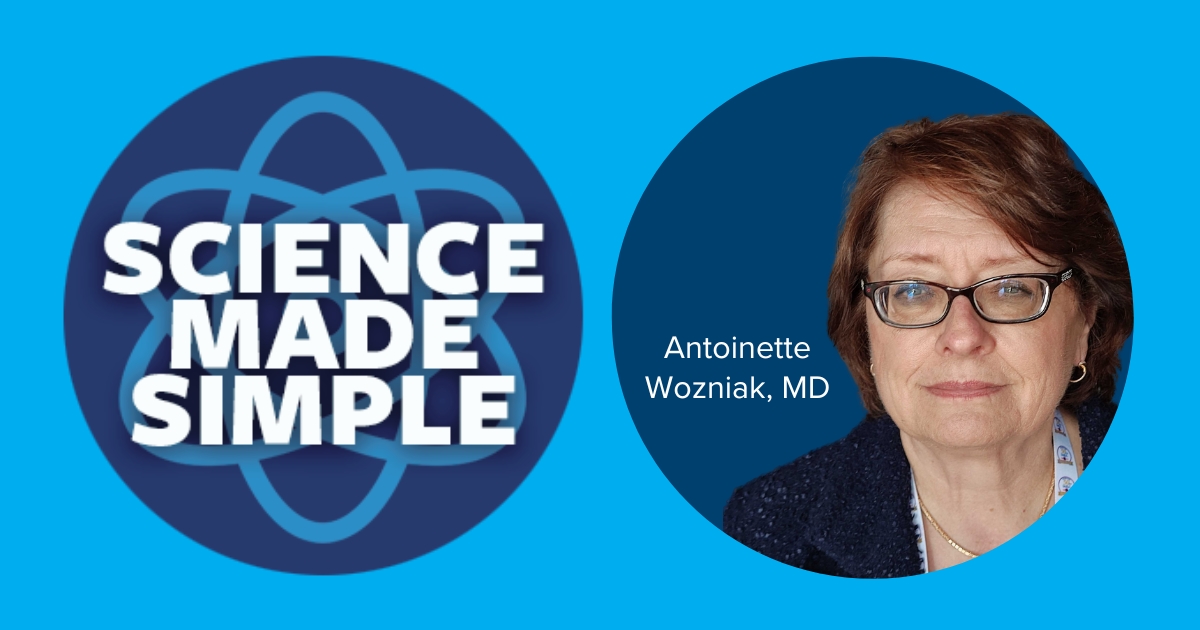
The good news
The U.S. Food and Drug Administration (FDA) has granted accelerated approval to zenocutuzumab-zbco for the treatment of adult patients with advanced, unresectable, or metastatic non-small cell lung cancer (NSCLC) or pancreatic adenocarcinoma that harbors a gene fusion involving neuregulin 1 (NRG1). The drug is approved for use following disease progression during or after prior systemic therapy.
Why it’s important
NRG1 is important in the development of the neurologic system and other biologic processes. Fusions or rearrangements of the NRG1 gene are rare and can occur in 0.2% of NSCLC and in other types of cancer. The NRG1 proteins bind to HER3 promoting cancer development. Patients who have this abnormality in their tumor do not do as well with standard treatment.
Zenocutuzumab is a bispecific antibody (binds to 2 targets) that blocks the interaction between NRG1 and both HER2 and HER3. The drug was evaluated in the eNRGy study which was a “basket” trial of patients with previously treated cancer. A trial of this type means that it is open to patients with any kind of cancer as long as they have the gene alteration – in this case, an NRG1 fusion. Of the 64 patients with NRG1 fusion NSCLC in the study, 33% had a significant reduction in their cancer from zenocutuzumab treatment that lasted a median of 7.4 months. Side effects were very manageable and included muscle pain, gastrointestinal symptoms (diarrhea, nausea, vomiting, constipation), rash, infusion reactions, and laboratory abnormalities.
What it means for patients
NRG1 fusions represent another abnormality in the cancer cell that can be treated with targeted therapy. Because of its rarity, it is important that patients have molecular/genetic testing done on their cancer to determine if an NRG1 fusion is present. The drug was also approved for patients with pancreatic cancer who have an NRG1 fusion because of the benefit that was demonstrated on the trial.
What to look for
There will likely be more trials evaluating zenocutuzumab, possibly in combination with other treatments and as initial therapy for patients with advanced NSCLC who have NRG1 fusions. Expect that the search for additional targets for treatment and subsequent development of novel drugs will continue.
